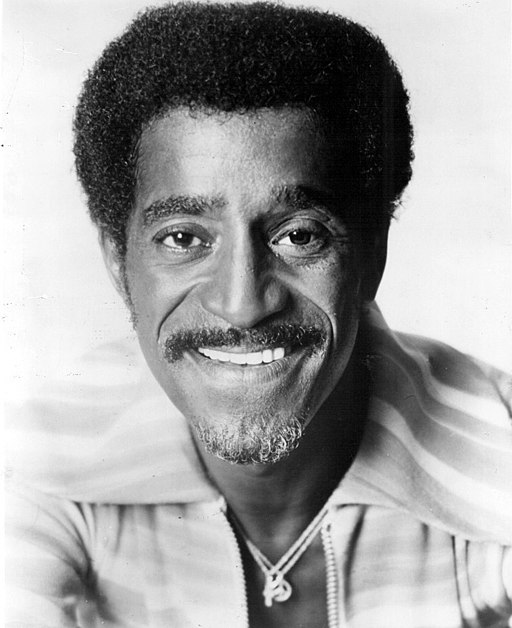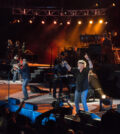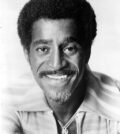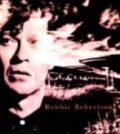- Kris Kristofferson passes away at 88
- The Magic Summer Tour: A Night of Nostalgia and New Memories
- Vlad Holiday at ACLfest 24: A Sonic Journey Through Indie Landscapes
- Cage The Elephant’s Resilience and Triumph at Noblesville Indiana: Review and Photos
- Lionel Richie and Earth, Wind, and Fire in Louisville: A review and photos
- Brittney Spencer: A Dynamo on the Rise at Railbird Festival
The Real Story behind the song, “Mr. Bojangles”
In our continuing weekly series, we examine the backstory of some of the greatest songs ever recorded, the history, and an occasional tidbit of trivia that’s perfect for your next get together. Follow us to keep up your musical knowledge!

Mr. Bojangles is one of those songs that has a fascinating history and a deeper meaning than what meets the ear. It was written by Jerry Jeff Walker, a country singer-songwriter who was inspired by a street performer he met in a New Orleans jail cell in 1965. The performer, whose real name was unknown, told Walker stories about his life and his dog, who had died. He also danced a bit and said he was called “Mr. Bojangles” to hide his true identity.
Walker was moved by the encounter and wrote the song as a tribute to the man and his spirit of resilience. He recorded it in 1968 and it became a minor hit on the country charts. But the song really took off when it was covered by other artists, especially Sammy Davis Jr. and The Nitty Gritty Dirt Band.
Sammy Davis Jr. was a legendary entertainer who had faced racism and discrimination throughout his career. He was also a member of the Rat Pack, a group of famous singers and actors who were known for their charisma and hedonism. Davis Jr. recorded his version of Mr. Bojangles in 1972 and gave it a soulful and jazzy twist. He also added a personal touch by changing some of the lyrics to reflect his own experiences as a dancer and a performer. For example, he sang “I knew a man, Bojangles, and he danced for you / In worn out shoes / With silver hair, a ragged shirt and baggy pants / He did the old soft shoe / He jumped so high / He jumped so high / Then he lightly touched down” instead of Walker’s original “I knew a man, Bojangles, and he’d dance for you / In worn out shoes / Silver hair, a ragged shirt and baggy pants / The old soft shoe / He jumped so high / He jumped so high / Then he’d lightly touch down”. Davis Jr.’s version was a huge hit and became one of his signature songs.
The Nitty Gritty Dirt Band was a country rock band that had a knack for blending different genres and styles. They recorded their version of Mr. Bojangles in 1970 and gave it a more folk and bluegrass feel. They also kept most of Walker’s original lyrics, but added some harmonies and instruments like the banjo, the mandolin and the fiddle. Their version was also very successful and reached the top 10 on both the pop and country charts.
Both versions of Mr. Bojangles are beautiful and poignant, but they also show how different artists can interpret the same song in different ways. They also show how the song transcends its original context and becomes a universal story of hope, sorrow, joy and nostalgia.

















0 comments